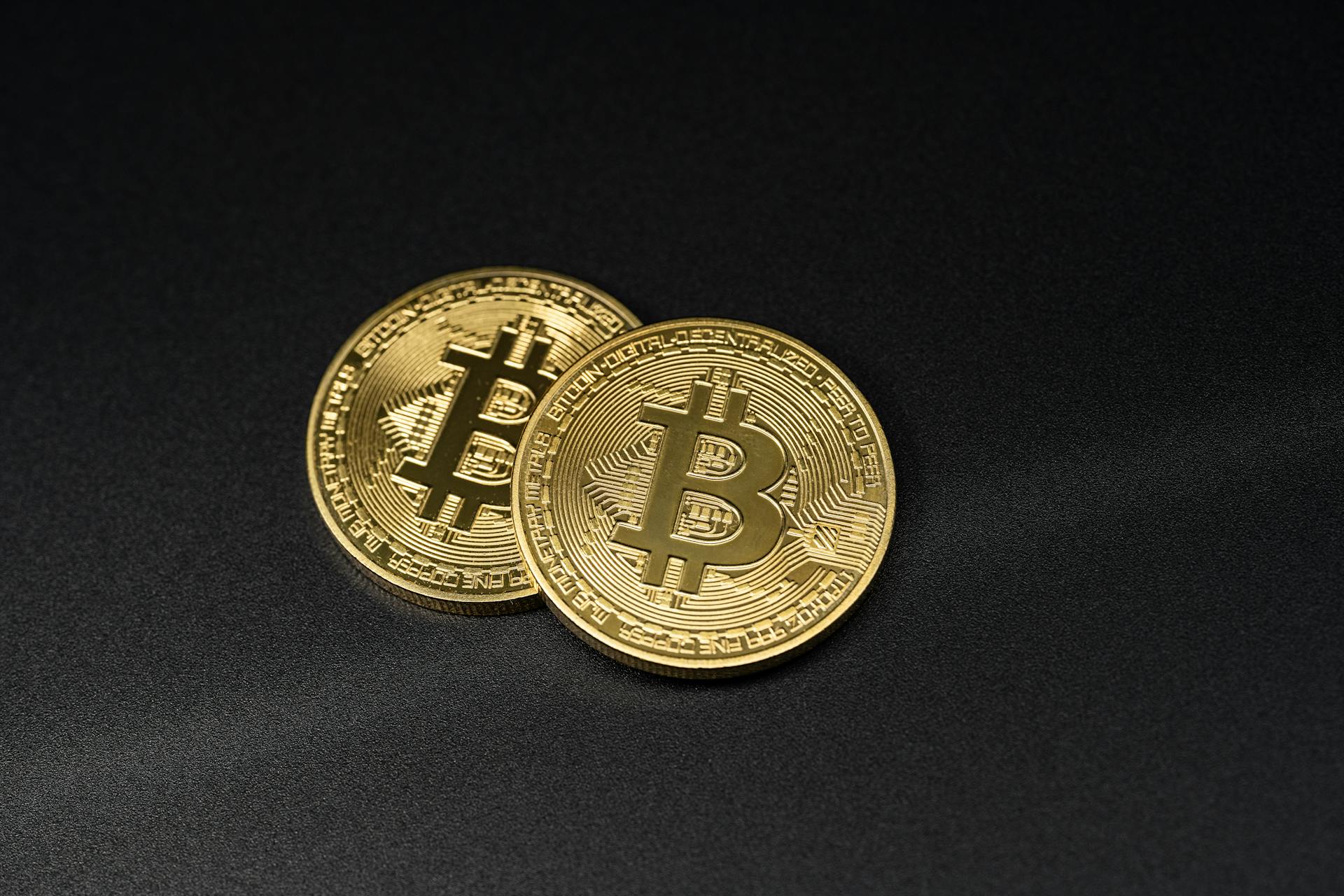
ENaira is Nigeria's digital currency, designed to make transactions faster and more secure. It's a central bank digital currency (CBDC), meaning it's issued directly by the Central Bank of Nigeria (CBN).
ENaira is built on a distributed ledger technology, similar to blockchain, which ensures the integrity and transparency of transactions. This technology allows for real-time settlement and reduces the risk of fraud.
The ENaira wallet is a mobile app that allows users to store, send, and receive ENaira. It's available for download on both Android and iOS devices, and can be accessed with a simple PIN or biometric authentication.
For more insights, see: Digital Currency in India
What is eNaira?
eNaira is a digital currency issued by the Central Bank of Nigeria (CBN) that utilises blockchain technology. It has the same value as the fiat Naira and guarantees secure, faster, and more convenient transactions.
The eNaira app, named 'Speed', will be available for download on Google Playstore or Apple Store. This will allow users to access and manage their eNaira wallets easily.
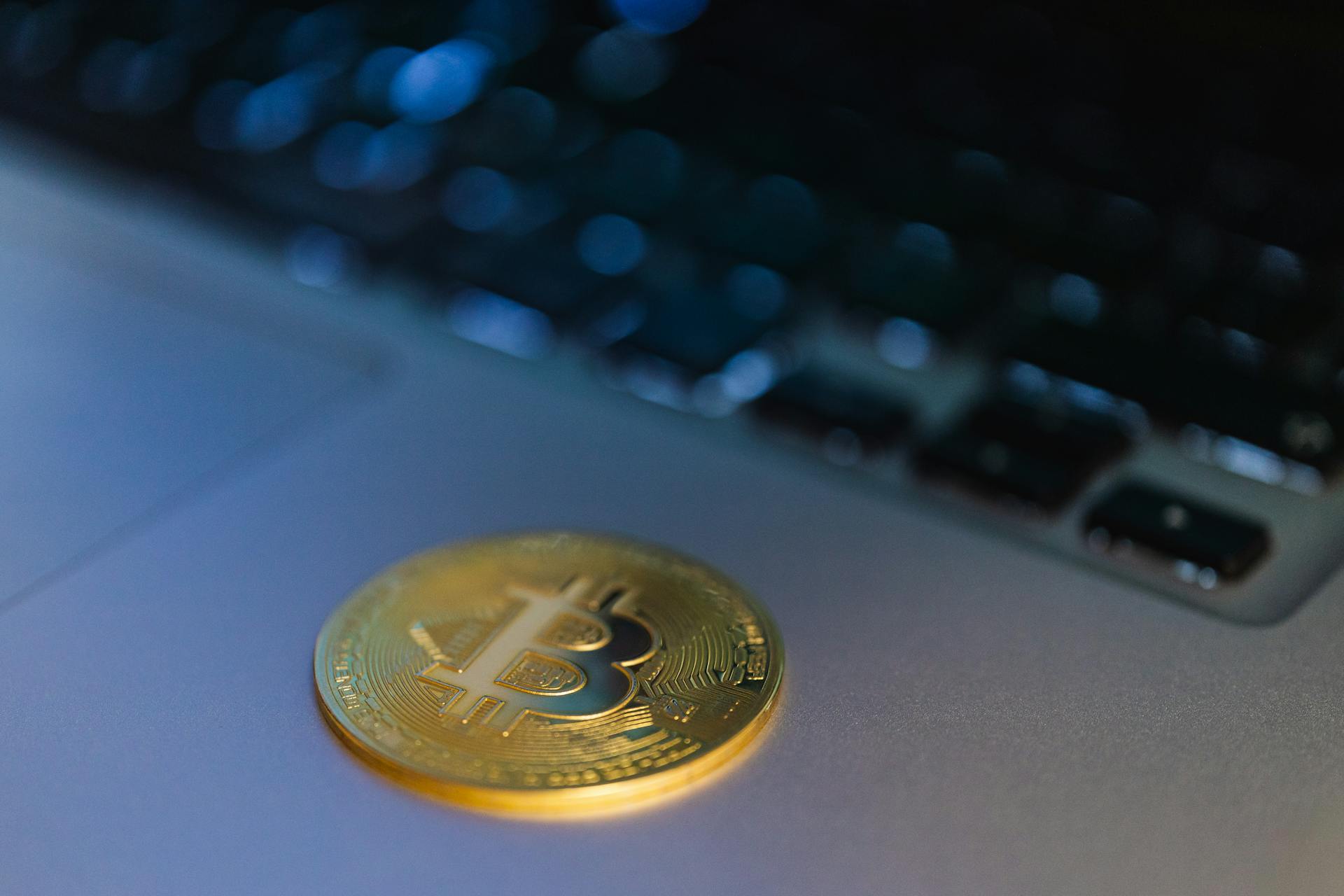
eNaira is a central bank digital currency (CBDC) that is the digital form of the Naira and will be used just like cash.
The eNaira wallet is a digital storage that holds the eNaira, and it's held and managed on a distributed ledger. This wallet is required to access, hold, and use eNaira.
Here are the benefits of using eNaira:
- Fast, cheap, reliable, and available payment channel
- Support digital economy
- Improved economic activities
- Simplified and easy cross-border payments and trade
- Inclusion of excluded people in the financial system
- Improved effectiveness of monetary policies
- Ease in targeted social interventions to support Nigerians
- Ease in tax remittance and collection to support the Country's growth
How It Works
The eNaira operates on a blockchain like Bitcoin, but it's a centralised digital currency that works very differently.
To set up a Speed Wallet, you'll need to enter your phone number, email, and Bank Verification Number (BVN), which means you'll need a bank account to use the eNaira.
Users can load their Speed Wallet with eNaira by transferring the desired amount from their personal banking app, and then send eNaira to anyone with an eNaira wallet by scanning the recipient's QR code.
The eNaira's Speed Wallet was fairly simple to use, according to a global professional's experience, and they were able to register without experiencing any technical bugs.
If this caught your attention, see: Does France Use the Euro for Currency
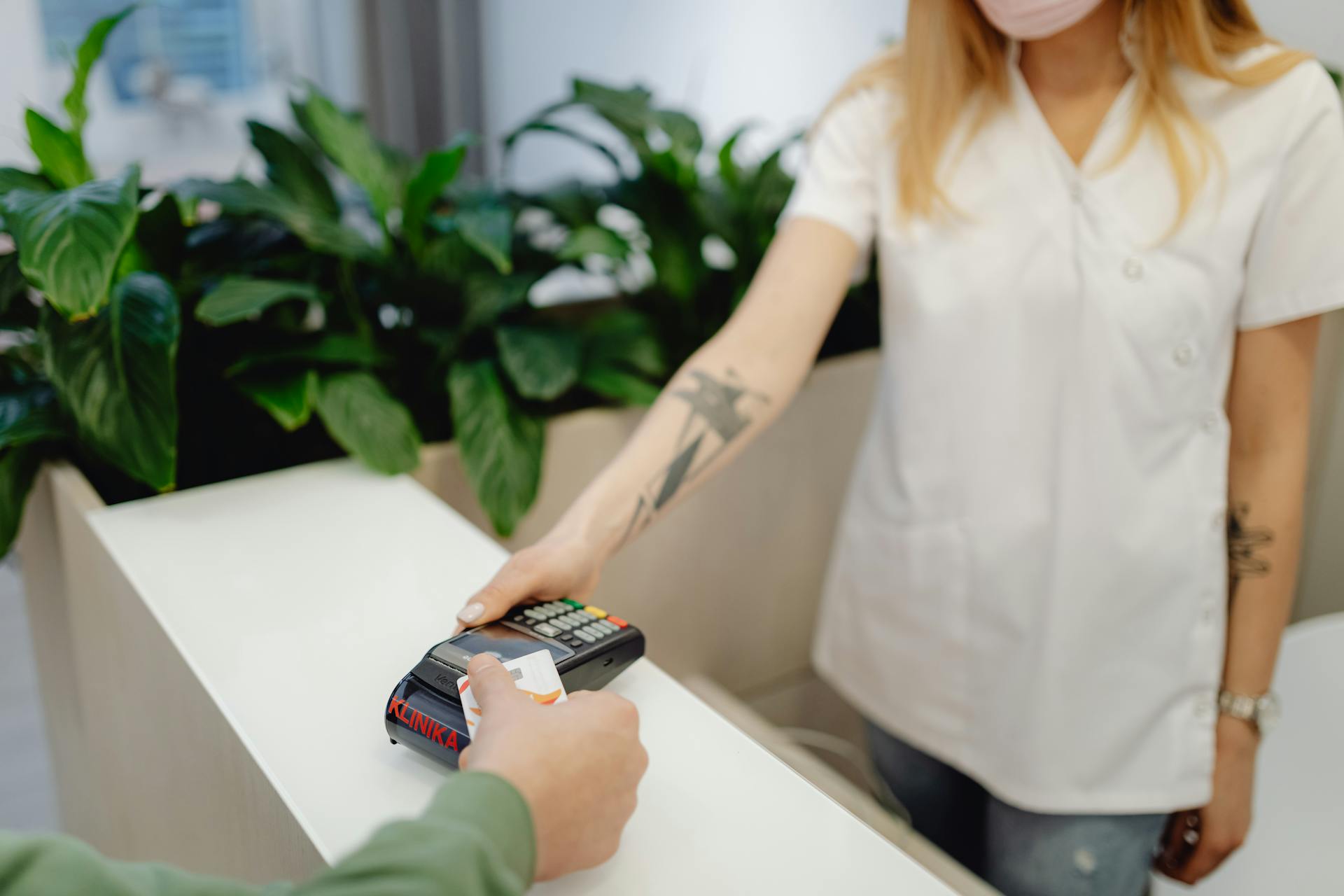
The government is working with private banks to encourage customers to transition from mobile payment transfer systems to eNaira wallets, and the central bank should focus on integrating the Speed Wallet and personal banking to make the app more user-friendly.
Transactions on the eNaira's blockchain network are carried out peer-to-peer (P2P) without any intermediaries, but unlike Bitcoin, the eNaira operates on a centralised or private blockchain.
Background
Nigeria launched its central bank digital currency, eNaira, on October 25, 2021. Development began in 2017 with the identification of possible functions.
The Central Bank of Nigeria (CBN) partnered with Bitt, a fintech company based in Barbados, to develop eNaira. The main objectives for developing eNaira were to improve the availability and access to central bank money.
The CBN aimed to support a resilient payments system, encourage financial inclusion, and reduce the cost of processing cash. eNaira also aims to enable direct welfare disbursement to Nigerian citizens.
In December 2021, the CBN announced it had recorded 583,000 personal wallets and 83,000 Merchant Wallets with total transactions amounting to N188 million, or $500,000.
Financial Inclusion and Goals
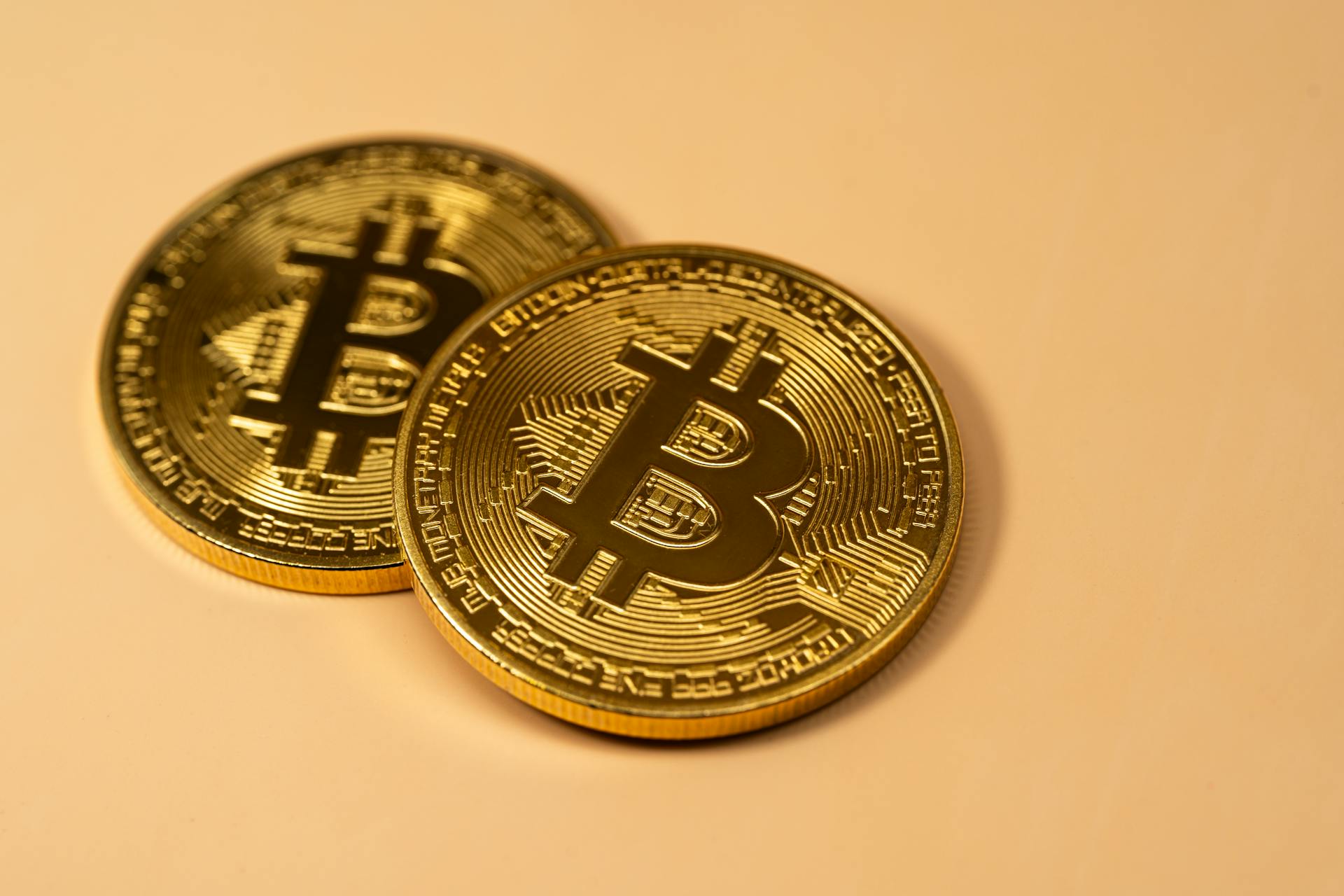
The Central Bank of Nigeria's goal is to increase Nigerians' access to financial services from 36% in 2012 to 80% in 2020, but the country fell short, reaching a financial inclusion rate of 64% by the end of 2020.
The eNaira has the potential to promote financial inclusion in Nigeria by making banking services easily accessible to excluded groups, such as women, youth, rural dwellers, and Micro-, Small and Medium-sized Enterprises (MSMEs).
The CBN's Annual Financial Inclusion Strategy Report identified these demographics as the most disproportionately excluded.
The eNaira's next phase will allow people to register for the Speed Wallet with just their National Identification Number (NIN), facilitating financial inclusion where the current digital payments infrastructure falls short.
The CBN hopes to achieve this through the use of Unstructured Supplementary Service Data (USSD) short codes, which would allow users without a strong internet connection and smartphones to use the CBDC.
The eNaira's goals include:
- Aid financial inclusion
- Improve payment efficiency
- Improve revenue and tax collection
- Direct payments to citizens by the government
Central Bank Digital Currency
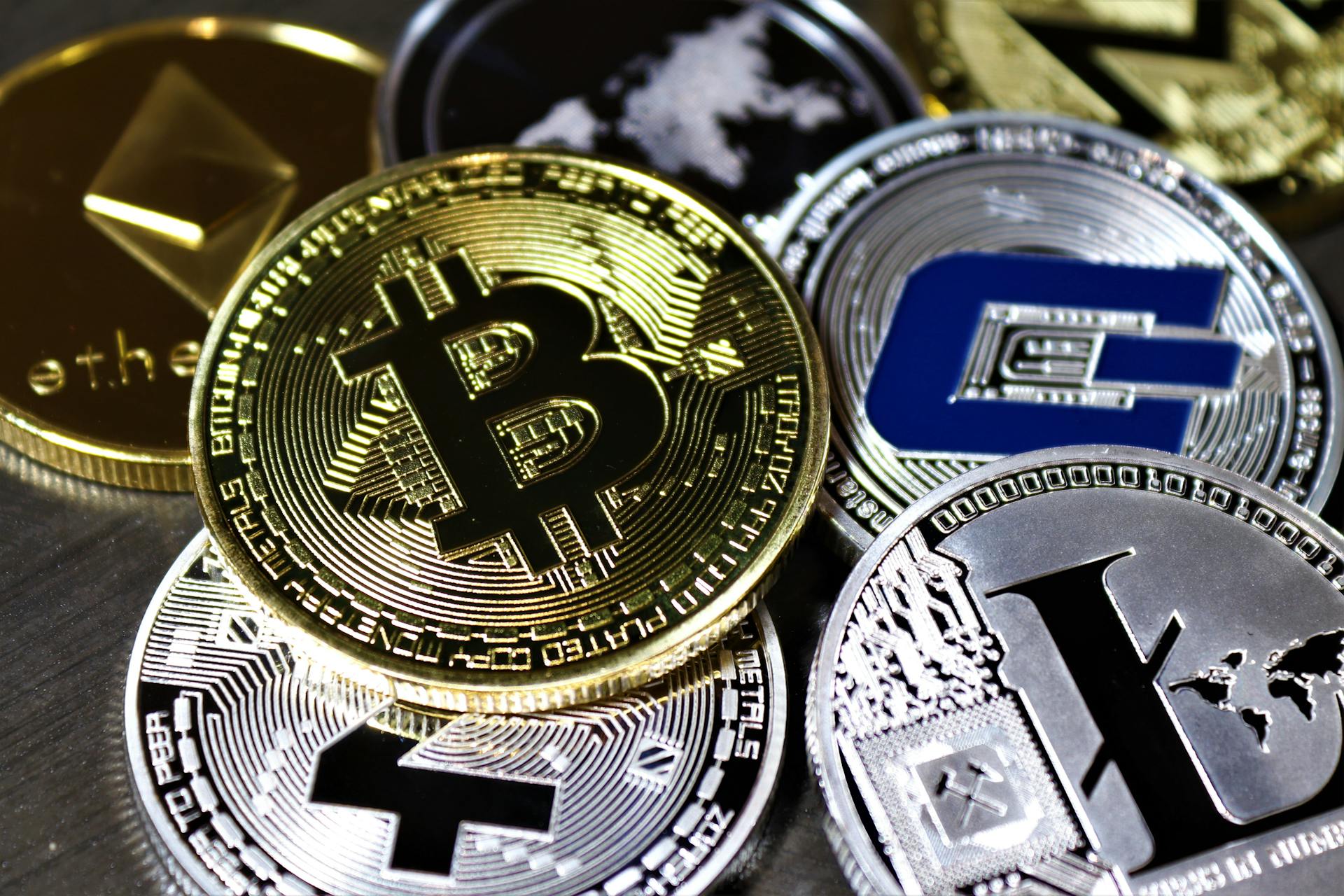
The Central Bank Digital Currency (CBDC) is a rapidly evolving concept, with over 130 countries now actively involved in its development, triple the number of countries identified in 2020.
The eNaira, Nigeria's CBDC, will be created independently of bank accounts, with financial institutions creating customer identification through Application Programming Interfaces (API).
To meet the October 1 deadline, the CBN is rolling out "Speed Wallets" in three tiers, with the first tier available to people without bank accounts, requiring only a National Identity Number (NIN) and other basic information.
The third tier wallet has a transfer limit of ₦1,000,000 ($2,430) and requires a Bank Verification Number (BVN), while transfers and withdrawals will be free for all tiers.
Readers also liked: 1 Omani Rial to Us Dollar
Central Bank Digital Currency Tracker
The Central Bank Digital Currency Tracker is a powerful tool that takes you inside the rapid evolution of money worldwide. It now tracks over 130 countries, triple the number from 2020.
This database is a game-changer for anyone interested in understanding the global shift towards digital currencies. The tracker provides real-time information on the development of Central Bank Digital Currencies (CBDCs) across the globe.
The tracker's growth is a testament to the increasing interest in CBDCs, with many countries actively working on their own digital currencies. This trend is expected to continue, making the tracker an essential resource for anyone looking to stay up-to-date on the latest developments.
Recommended read: Swaziland Currencies Swazi Lilangeni
How the CBN Maintains the Naira Value
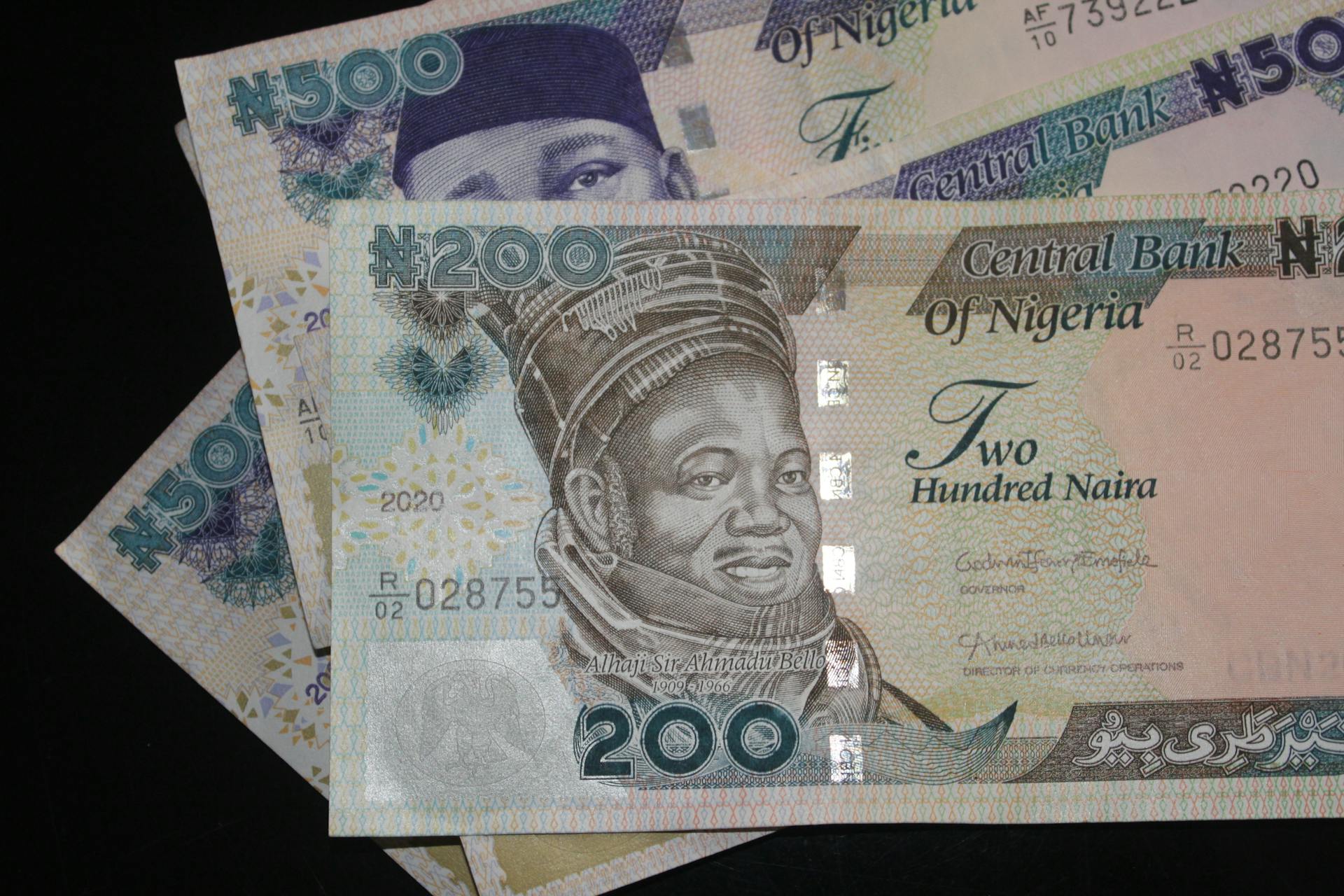
The Central Bank of Nigeria (CBN) maintains the value of the eNaira by backing it with a naira reserve. This ensures that the eNaira has the same value as the naira.
The eNaira is pegged to the naira, meaning their values remain the same. This is similar to stablecoins, which are pegged to a fiat currency and hold the same value.
The eNaira is backed by the naira reserve, just like stablecoins are backed by reverse assets like commodities or a foreign currency. This backing ensures the eNaira's value remains stable.
On a similar theme: Japanese Yen Currency Trend
Design and Implementation
ENaira's design is built on a decentralized architecture, which allows for peer-to-peer transactions without the need for intermediaries.
The platform utilizes a blockchain-based system, leveraging the Ethereum network to ensure secure and transparent transactions. This approach enables fast and efficient processing of transactions, with settlement times of under 10 seconds.
ENaira's implementation involves a mobile app, allowing users to easily buy, sell, and hold the digital currency.
Why eNaira Uses a Private Blockchain

The eNaira uses a private blockchain to control onboarding, KYC, and the creation of eNaira. This means the Central Bank of Nigeria (CBN) has full authority over who gets access to the digital currency.
The CBN chose to use the Hyperledger Fabric, a system designed for private organisations to create their own private blockchain. This allows for a high level of control and security.
The use of a private blockchain also enables the CBN to manage the creation of eNaira more effectively. By controlling the blockchain, they can ensure that only legitimate transactions take place.
Suggestion: Does Germany Use Euro Currency
The E-Naira Creation
The e-Naira creation was a response to the growing interest in Central Bank Digital Currencies (CBDCs). Over 80 countries are testing and researching the possibility of a CBDC, with 90% of central banks considering creating one.
The Central Bank of Nigeria (CBN) wanted to get in on the action and stay ahead of the curve. They were also motivated by the fear of cryptocurrencies gaining traction, but after being reassured that crypto monitoring can be done through banks, they decided to move forward with the e-Naira.
Consider reading: Nigerian Naira Sign
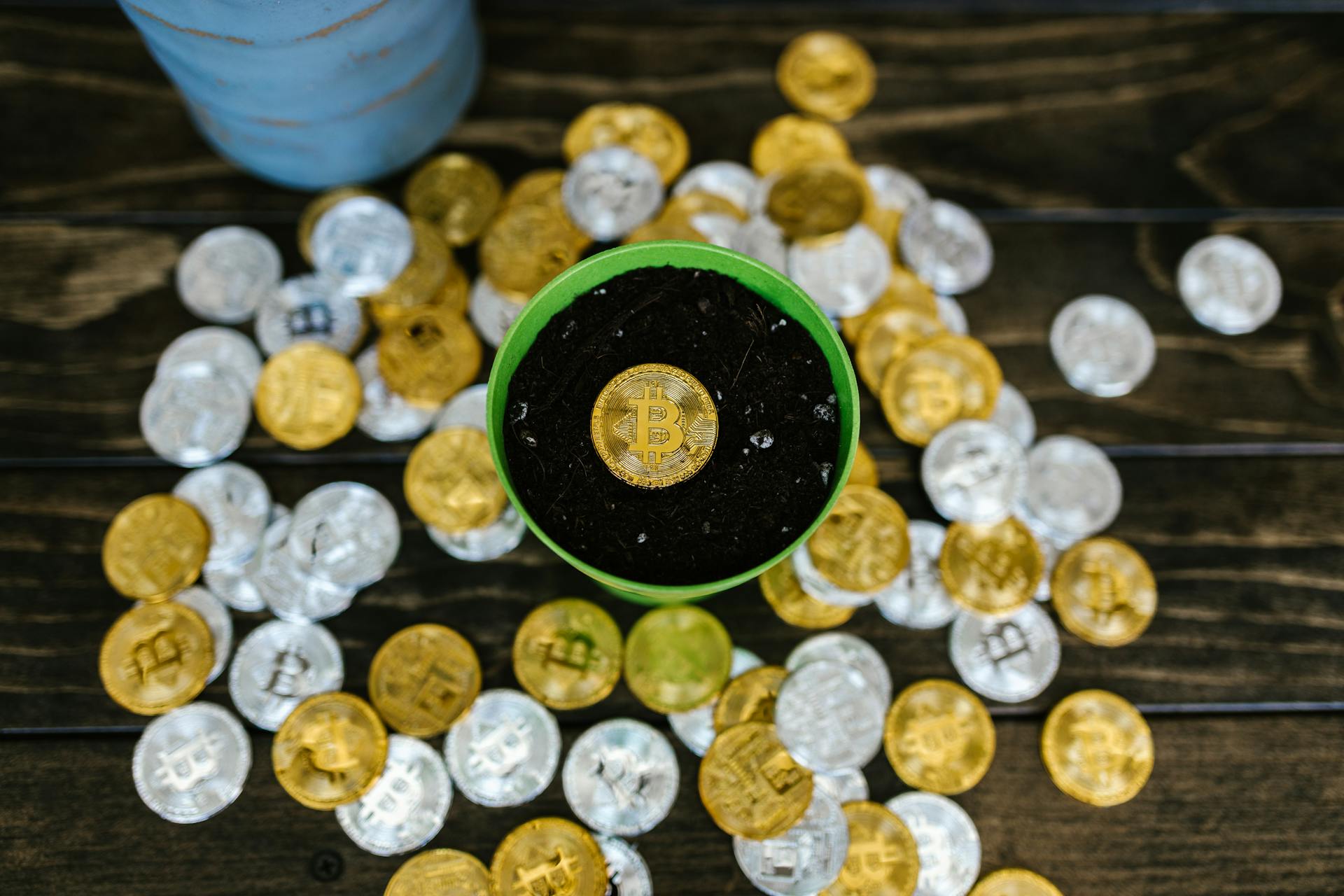
The CBN's objective for the e-Naira is to aid financial inclusion, improve payment efficiency, and improve revenue and tax collection, among other objectives. To achieve this, the e-Naira will be issued by the CBN and will have the same value as the fiat Naira.
The e-Naira will be available for download on Google Playstore or Apple Store, and users can also access it via a USSD short code. The e-Naira wallet will hold the digital currency and will be held and managed on a distributed ledger.
Here are some key features of the e-Naira:
- Fast, cheap, reliable, and available payment channel
- Support digital economy
- Improved economic activities
- Simplified and easy cross-border payments and trade
- Inclusion of excluded people in the financial system
- Improved effectiveness of monetary policies
- Ease in targeted social interventions to support Nigerians
- Ease in tax remittance and collection to support the Country's growth
The e-Naira will have the same value as the physical Naira and will be exchanged one to one.
You might like: Guernsey One Pound
Wallet Setup Requirements
To set up an eNaira wallet, you'll need to provide some essential information. You'll need your National Identification Number (NIN), phone number, and Bank Verification Number (BVN) to get started.
However, not all tiers of the eNaira wallet require all these means of identification. For instance, Tier 1 only requires a NIN and phone number, while Tier 2 requires a BVN and phone number.

The different tiers of eNaira wallets have varying requirements and daily transaction limits. Here's a breakdown of the requirements for each tier:
To open an eNaira wallet, you can download the eNaira app from the Google Play Store or Apple App Store. Once you've downloaded the app, you can create a wallet and start using it to make transactions.
Using eNaira
To start using eNaira, you need to download the eNaira Speed Wallet app on your smartphone or dial the USSD code *997*50# if you have a feature phone.
The eNaira wallet is a digital storage that holds the eNaira, and it's held and managed on a distributed ledger.
There are three tiers of eNaira wallets, each with different requirements and daily transfer limits. The first tier can be used by people without bank accounts, but they'll need to provide their National Identity Number, a passport photograph, name, date of birth, phone number, and home address. The daily transfer limit for this tier is ₦50,000 ($121.50).
Readers also liked: 50 Philippines Peso
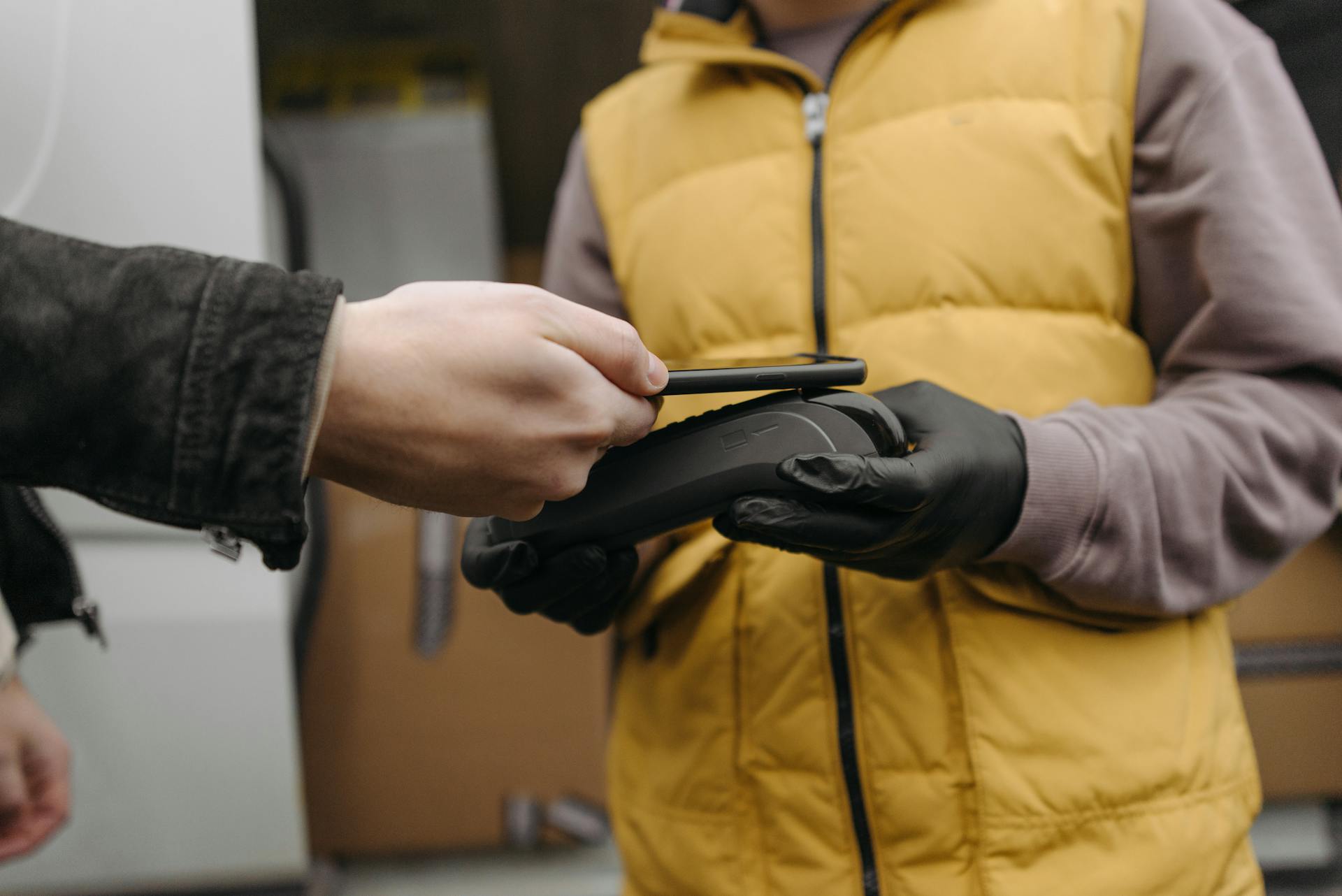
Here's a breakdown of the three tiers of eNaira wallets:
You can access eNaira via the eNaira wallet in app stores like Google Play store and the Apple App store, or by dialing a USSD short code and following the required steps to perform transactions.
E-Naira
The eNaira is a digital currency issued by the Central Bank of Nigeria (CBN) and has the same value as the fiat Naira. It's a central bank digital currency (CBDC) that utilises blockchain technology.
The eNaira app, named 'Speed', can be downloaded on Google Playstore or Apple Store, making it easily accessible to users. The app will enable users to access, hold, and use eNaira.
The eNaira wallet is a digital storage that holds the eNaira, and it's held and managed on a distributed ledger. This ensures that all transactions are secure and transparent.
Here are the benefits of using the eNaira:
- Fast, cheap, reliable, and available payment channel
- Supports digital economy
- Improved economic activities
- Simplified and easy cross-border payments and trade
- Inclusion of excluded people in the financial system
- Improved effectiveness of monetary policies
- Ease in targeted social interventions to support Nigerians
- Ease in tax remittance and collection to support the Country's growth
The eNaira will circulate alongside cash, complementing it as a less costly, more efficient, generally accepted, safe, and trusted means of payment.
How to Use eNaira
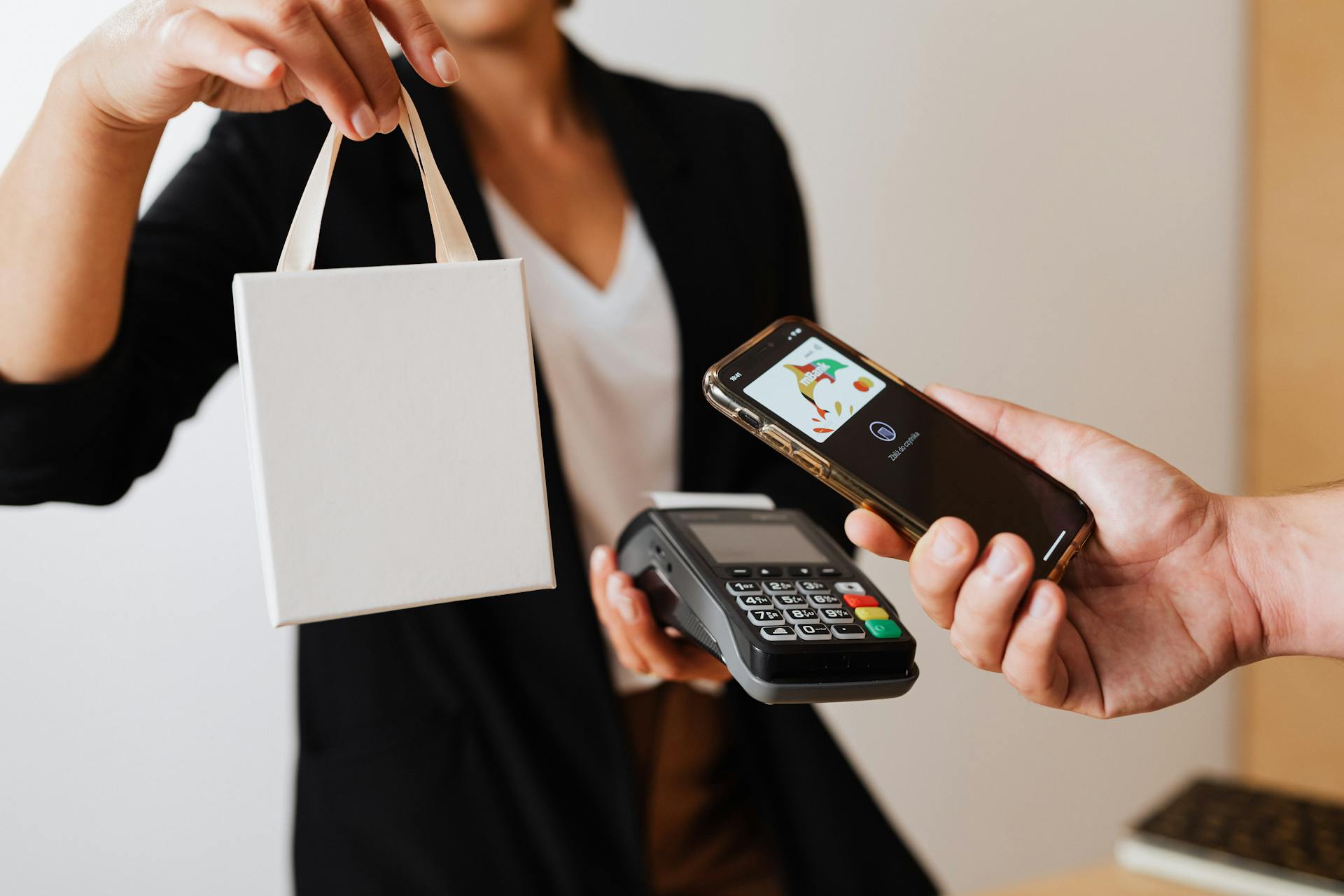
To use eNaira, you need to download the eNaira Speed Wallet app on your smartphone or dial the USSD code *997*50# if you have a feature phone. This is the first step to accessing the digital currency.
The eNaira app, named 'Speed', will be available for download on Google Playstore or Apple Store. You can also dial a USSD short code and follow the required steps to perform transactions.
To open an eNaira wallet, you'll need your National Identification Number (NIN), phone number, and Bank Verification Number (BVN). However, not all tiers of the eNaira wallet require all these means of identification.
There are three tiers of eNaira wallets, each with different requirements and daily transaction limits. Here's a breakdown of the requirements and limits for each tier:
Once you have created an eNaira wallet, you get a 10-digit wallet ID — a bank account equivalent. You can send money from your bank to your wallet using your wallet ID.
Customers will be able to access eNaira via the eNaira wallet in app stores such as Google Play store and the Apple App store.
Benefits and Drawbacks
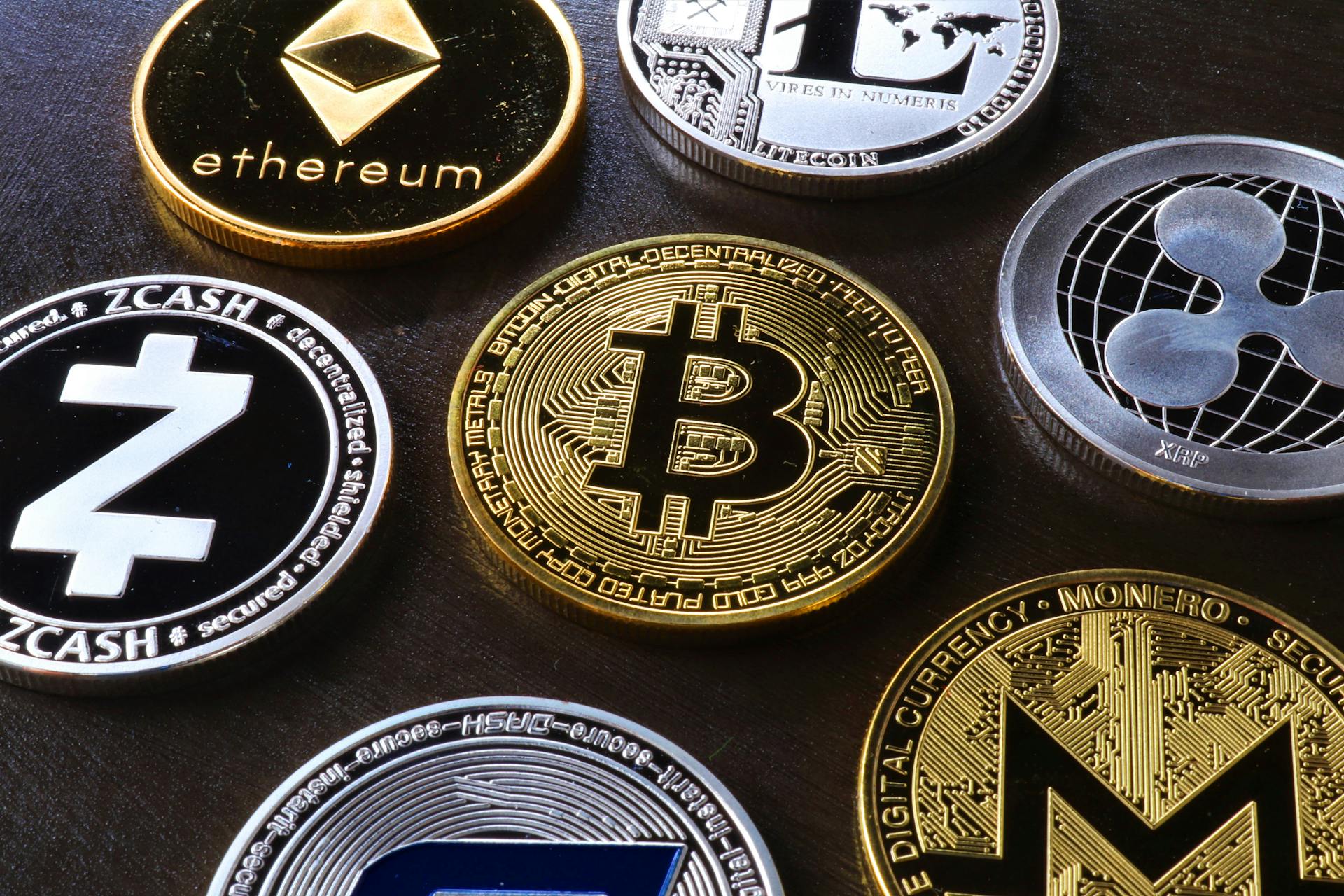
The eNaira wallet offers several benefits that make it a convenient option for digital transactions. One of the main advantages is that it allows for free transfers.
You can also expect fast transactions with the eNaira wallet, making it a great choice for those who need to send or receive money quickly.
One of the standout features of the eNaira wallet is its quick setup time, especially for people without bank accounts. This makes it an excellent option for those who want to start using digital payments right away.
Here are some of the key benefits of the eNaira wallet at a glance:
- Free transfers
- Fast transactions
- Quick setup time for people without bank accounts
eWallet Advantages
The eNaira wallet offers several advantages that make it an attractive option for many people. One of the main benefits is that it allows for free transfers, which can save you money on transaction fees.
Using the eNaira wallet can also speed up your transactions, making it a convenient option for those who want to make quick and easy payments.
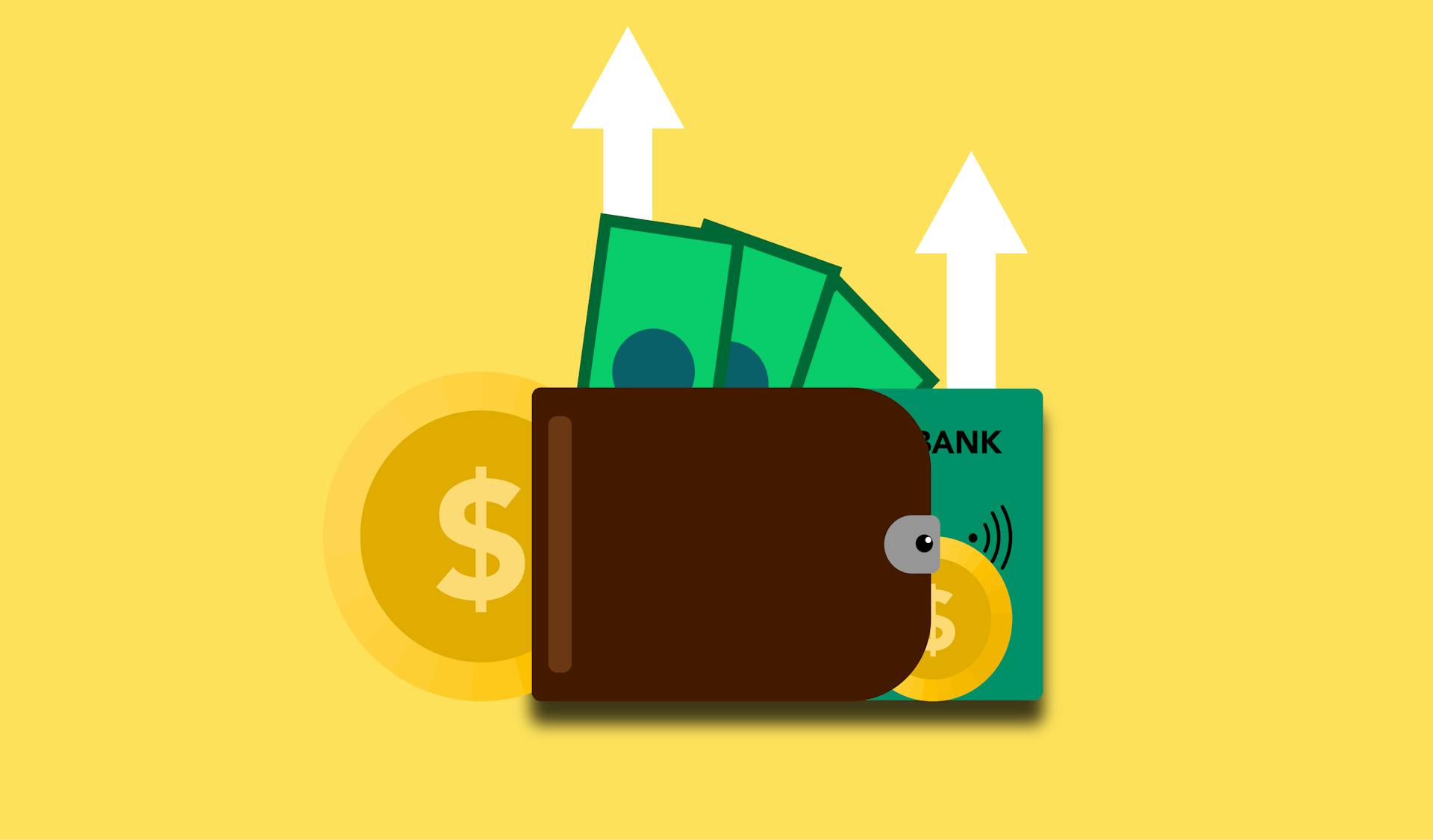
For individuals without bank accounts, the eNaira wallet has a quick setup time, making it a great option for those who want to start using digital payments without the hassle of opening a traditional bank account.
Here are some of the key advantages of using the eNaira wallet:
- Free transfers
- Fast transactions
- Quick setup time for people without bank accounts
eNaira Disadvantages
The eNaira has its downsides, and one of the main concerns is the impact on user privacy. Unlike public blockchains like Bitcoin, the eNaira requires Know Your Customer (KYC) protocols, which means users must provide personal information.
This can be a significant drawback for those who value their anonymity. In fact, the article highlights that the eNaira is not suitable for anonymous transactions.
Here are some key disadvantages of the eNaira:
- Privacy: The eNaira requires KYC protocols, compromising user anonymity.
Comparison and Future
ENaira's decentralized architecture and use of blockchain technology provide a secure and transparent way to manage transactions, reducing the risk of corruption and increasing trust in the system.
The eNaira wallet can be accessed through the mobile app, allowing users to easily send and receive eNaira, and even convert it to and from traditional Nigerian naira.

In comparison to traditional payment systems, eNaira offers faster and cheaper transactions, with a transaction fee of 1% compared to 2.5% for cash deposits.
The eNaira system also has the potential to increase financial inclusion, with over 70% of Nigerians having access to mobile phones, making it easier for them to participate in the digital economy.
CBDCs vs Cryptocurrencies
CBDCs are not the same as cryptocurrencies, despite sharing some similarities. CBDCs are digital currencies issued by governments, such as the eNaira, which is Nigeria's digital currency.
CBDCs are designed for the internet, as Chimezie Chuta explains, and are meant to facilitate digital transactions. They don't need to be backed by physical cash.
The eNaira won't experience the same wild price swings as Bitcoin or other cryptocurrencies. Its value will remain stable, unlike cryptocurrencies that can grow or plummet in value.
Issuing a CBDC won't suddenly turn your fortunes around, as Chuta warns, so it's not a get-rich-quick scheme.
Will E-Naira's Value Grow Like Bitcoin?
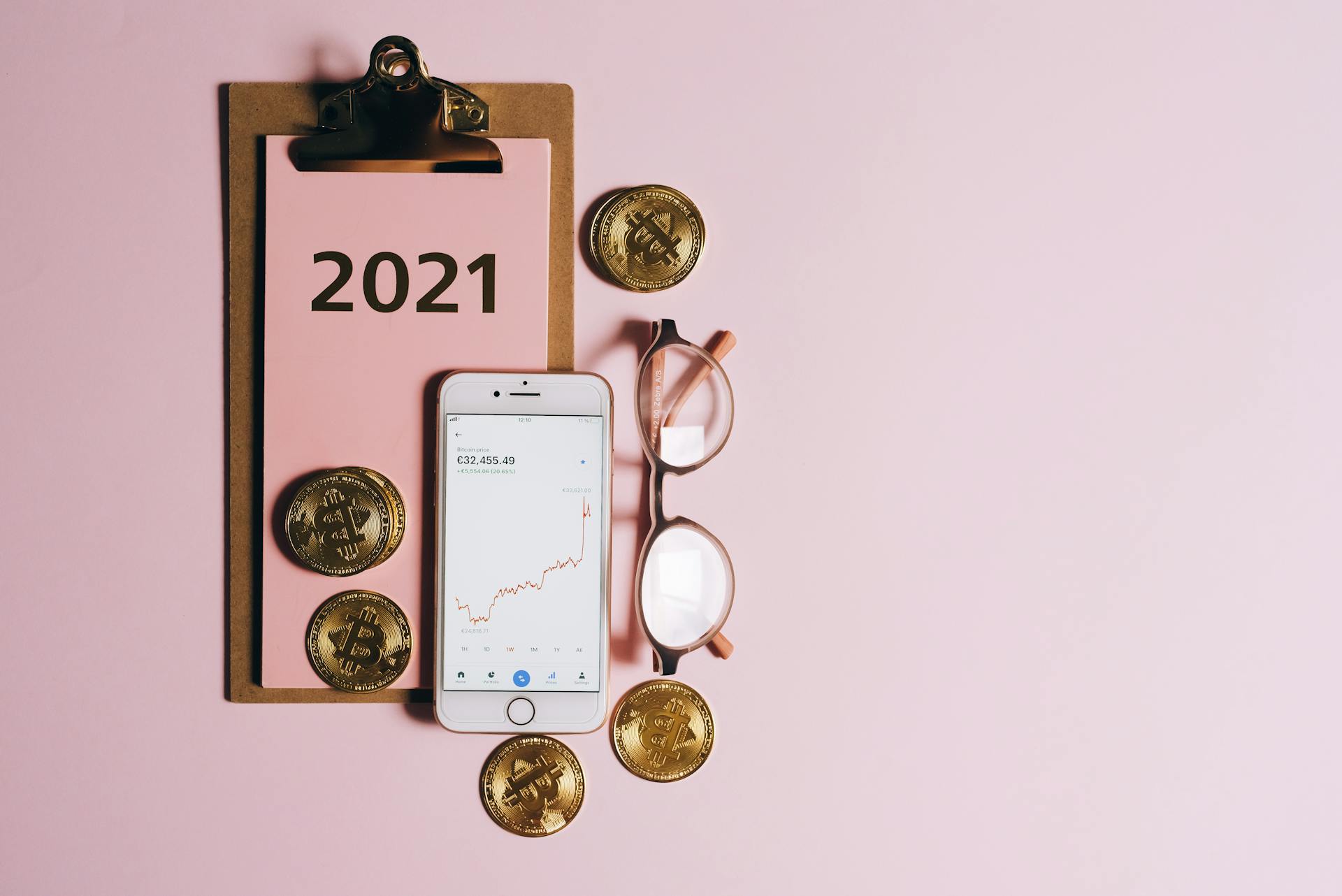
The eNaira's value won't grow like Bitcoin's because it's pegged to the Naira, just like stablecoins are pegged to a fiat currency.
This means the eNaira will hold the same value as the Naira, eliminating the risk of volatility that comes with Bitcoin's price fluctuations.
The eNaira is backed by the Naira, which is a fiat currency, similar to how stablecoins are backed by reverse assets like commodities or a foreign currency.
Technical and Operational
ENaira's technical and operational aspects are designed to be seamless and efficient. The digital currency uses a hybrid model, combining elements of a central bank-issued currency and a decentralized digital currency.
ENaira's technical infrastructure is built on a distributed ledger technology, ensuring that transactions are secure, transparent, and tamper-proof. This technology also enables fast and low-cost transactions, making it an attractive option for both consumers and businesses.
The operational framework of ENaira is designed to be user-friendly, with a mobile app and online portal allowing users to easily buy, sell, and store their ENaira.
Private Blockchain
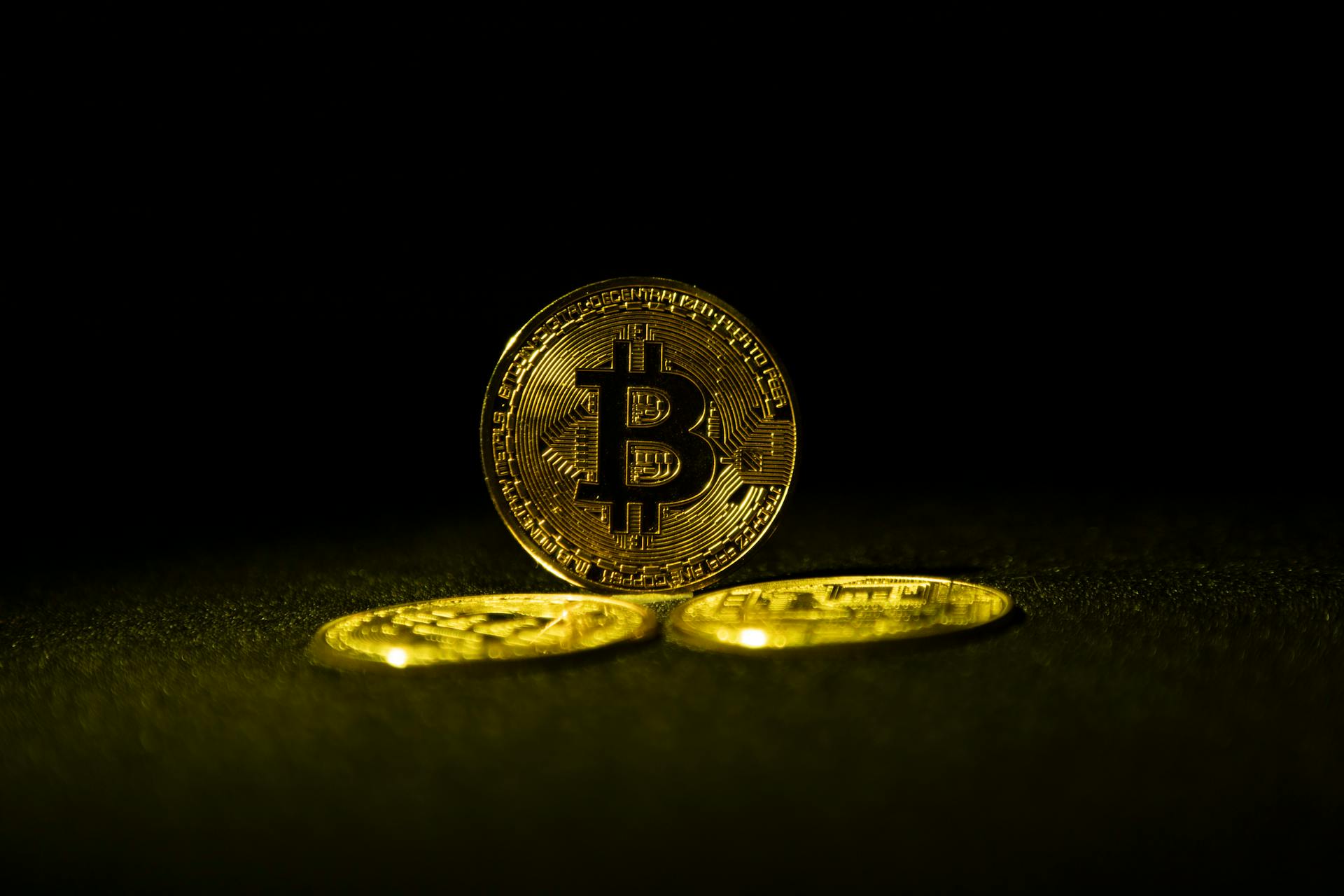
Private Blockchain is a type of blockchain that allows for restricted access and control over the network. It's designed for businesses and organizations that want to maintain a high level of security and confidentiality.
Private blockchains are typically deployed within an organization's internal network, allowing for greater control over who has access to the data stored on the blockchain. This can include employees, partners, or external vendors.
Private blockchains are often used in industries where sensitive information is shared, such as finance, healthcare, and government. They can also be used to create a secure and transparent supply chain.
Private blockchains can be managed by a single entity, such as a company, or by a consortium of entities, such as multiple companies working together. This allows for a high degree of control and customization.
Private blockchains can be built on top of existing blockchain platforms, such as Hyperledger Fabric, which is designed for enterprise use cases. This allows organizations to leverage existing infrastructure and expertise.
Private blockchains offer a range of benefits, including improved security, increased transparency, and enhanced data integrity. They also provide a high level of customization and control, making them well-suited for organizations with specific needs.
Government Transaction Monitoring
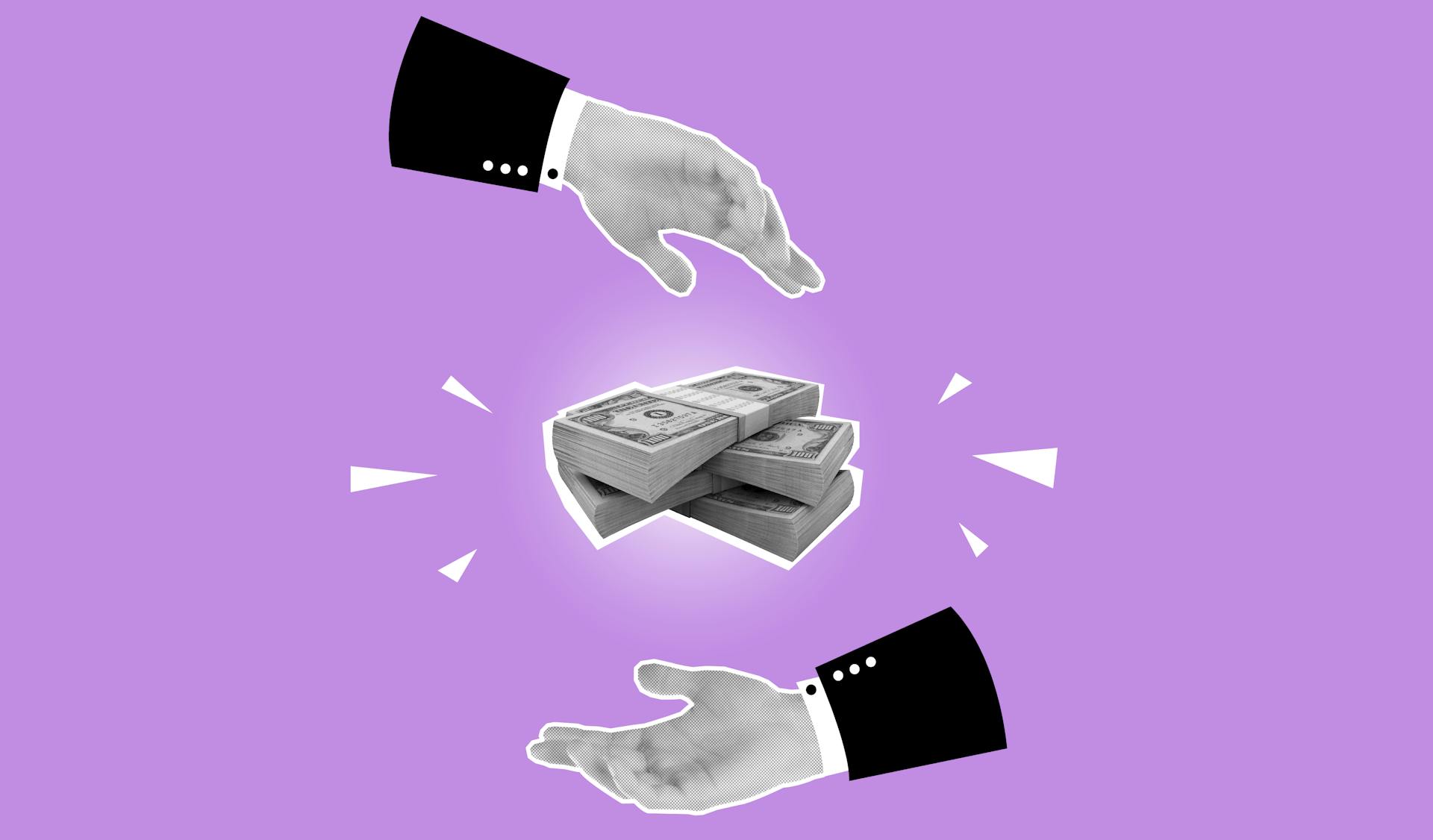
Government Transaction Monitoring is a key aspect of the eNaira.
The eNaira uses the Hyperledger Fabric Blockchain, which allows the government to monitor all transactions.
This is a deliberate choice by the government to maintain control over the monetary system, according to Chuta.
The government wants to retain control, especially if cryptocurrencies like Bitcoin and Ethereum gain more traction.
In fact, the Chinese government has already stated that transactions with the digital Yuan will be monitored meticulously.
This means that the Nigerian government may also follow suit and monitor eNaira transactions closely.
The extent of this monitoring is not entirely clear, but it's evident that the government has a significant level of control over the eNaira system.
Several Questions Remain Unanswered
Several questions remain unanswered when it comes to the eNaira pilot scheme. The Central Bank of Nigeria (CBN) admits to having several unanswered questions, including how cross-border payments will work and how privacy will be ensured.
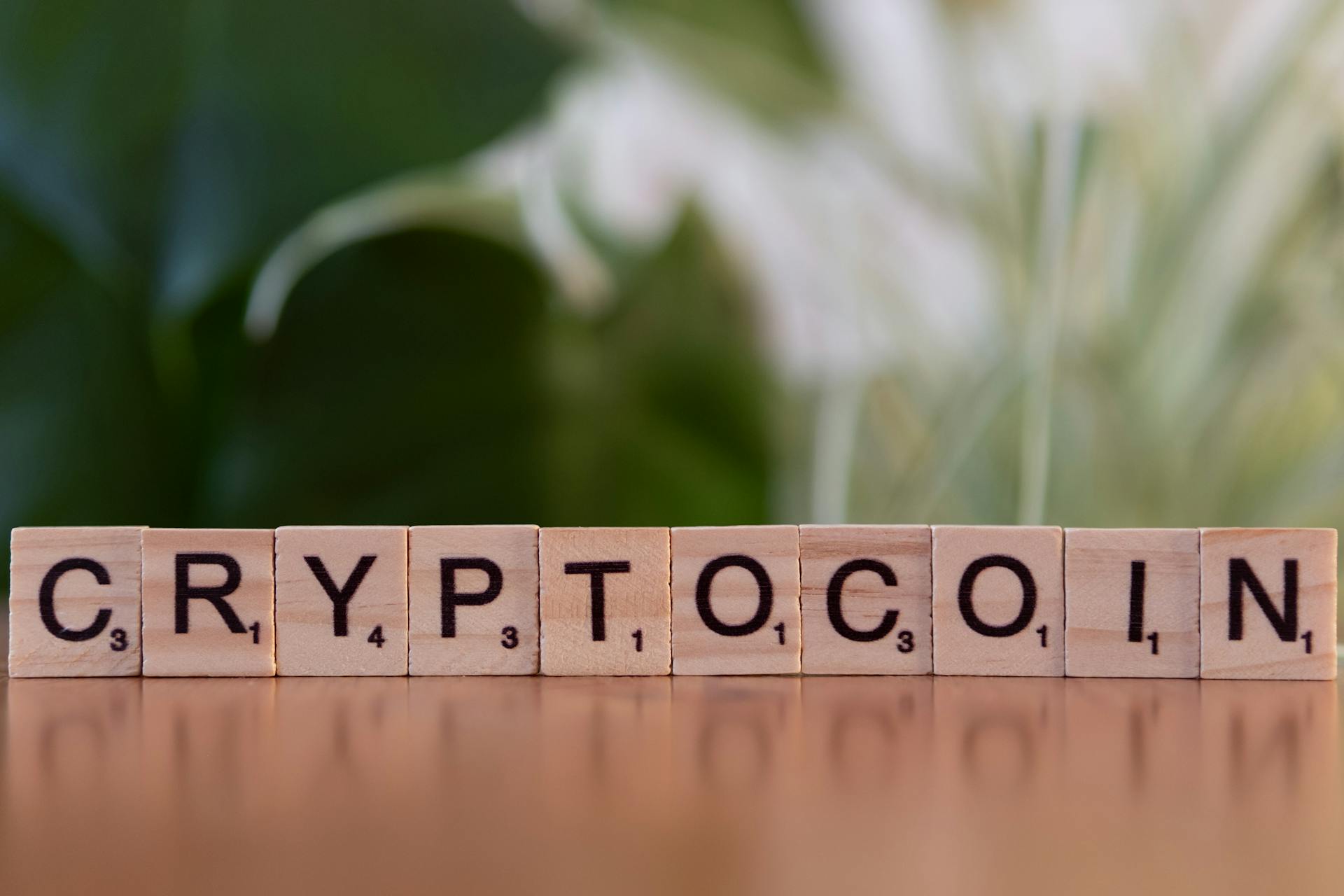
The eNaira launch was initially scheduled for October 1, 2021, but it was postponed. This delay has only added to the uncertainty surrounding the eNaira.
One of the concerns is how the eNaira will handle cross-border payments. Central bank executives have pointed out that the problem with instant cross-border payments in Africa is deeper than technology.
The eNaira has finally launched, but several questions still remain unanswered. The CBN has highlighted relief funds and cross-border payments as key features, but the unknown risks associated with the eNaira are still unclear.
Here are some of the key questions that still need to be addressed:
- How will cross-border payments work?
- How will privacy be ensured?
- What are the unknown risks associated with the eNaira?
Frequently Asked Questions
What is an eNaira account?
An eNaira account is a digital storage that holds the eNaira, a central bank digital currency issued by the Central Bank of Nigeria. It's essentially a digital wallet where you can store, manage, and use your eNaira.
Sources
- https://www.atlanticcouncil.org/blogs/econographics/enaira-same-naira-more-possibilities-for-financial-inclusion/
- https://www.zenithbank.com/enaira/
- https://www.stanbicibtcbank.com/nigeriabank/personal/ways-to-bank/enaira
- https://techpoint.africa/2023/07/28/everything-about-enaira/
- https://techpoint.africa/2021/08/03/experts-enaira-cbdc/
Featured Images: pexels.com


